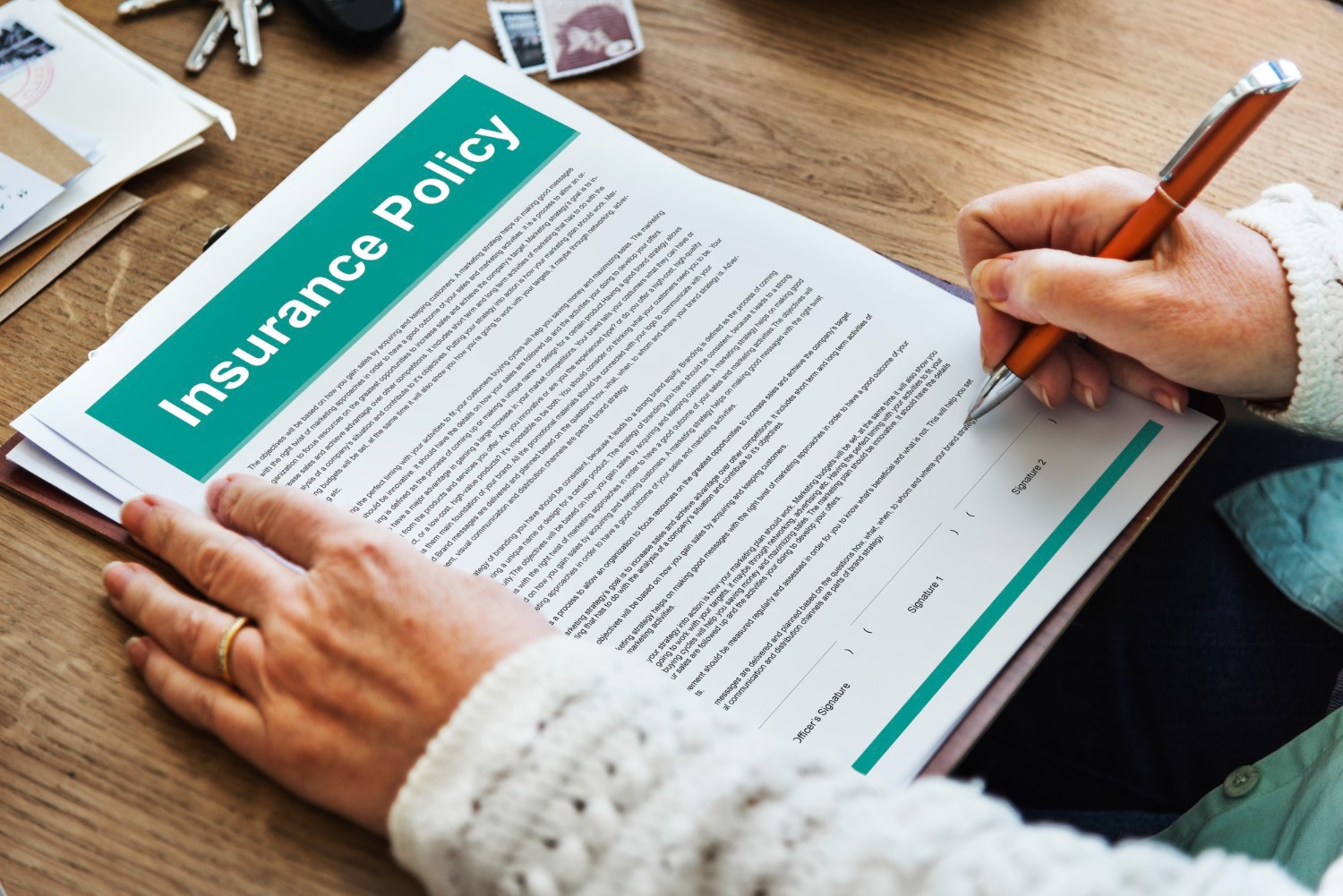High-risk insurance is a special type of insurance offered to individuals or businesses considered high-risk by insurance companies. Because of this classification, tax rates are usually higher and the terms are stricter. People are labeled high-risk for a variety of reasons, but often it is because they have had a large number of claims in the past, have poor credit, or own high-risk properties. To properly budget and plan your expenses, you need to understand how high-risk insurance affects your money.
1. Impact on Insurance Rates
Rising interest rates are one of the most significant financial impacts of high-risk insurance. High-risk insurance plans cost more because the likelihood of claims is greater. For example, if you have had a lot of car accidents or your home is in an area prone to crime, your insurance company may charge you more to compensate for the higher risk. These extra costs can strain your budget and destabilize your overall financial situation.
2. Effect on Budgeting
Since risk insurance premiums are higher, creating a budget is an important part of managing your money. The higher insurance costs need to be factored into your regular budget. This may mean making changes to other parts of your budget, such as cutting back on unnecessary expenses or moving money into savings. Having a good budget is important to ensure that you can afford the higher insurance premiums and remain financially stable.
3. Long-term Financial Impact
Having risk insurance can have a significant impact on your finances in the long run. The premium costs increase over time, making it harder to save and spend money. People with risk insurance may find it difficult to save for an accident or retirement because their monthly payments are higher. In the long run, these financial stressors can make it harder for you to achieve your financial goals and live a happy life.
4. Effect on Credit Score
Having risky insurance can sometimes hurt your credit score. For example, if you miss payments or pay late due to high insurance costs, it can damage your credit score. Higher insurance costs can also put a strain on your finances, causing you to take on more debt, further damaging your credibility. Maintaining a high credit score is important for obtaining good loan terms and maintaining your overall financial health.
5. Ability to Cancel the Policy
High-risk insurance plans typically have stricter rules. Failure to follow these rules can result in your policy being canceled. For example, if you fail to pay your risk insurance premiums on time or fail to follow risk management recommendations, your policy can be canceled. Losing your coverage can have huge financial consequences, such as making it impossible to drive normally or making it difficult to get new coverage.
6. Difficulty Getting Additional Insurance
If you already have high-risk coverage, it may be harder to get more coverage. Insurers may believe that high-risk customers are more likely to file claims, which can make it difficult to obtain additional policies or types of coverage. This can make it harder for you to get full coverage for other assets or liabilities, which can put your finances at greater risk.
7. Impact on Property Safety
Valuables often require high-risk insurance to protect them, but such insurance can be very expensive. For example, if you own a valuable home or work in a dangerous job, you may need special coverage to protect your property. The cost of high-risk insurance may prevent you from protecting your assets or investments in other ways, putting your overall financial security at risk.
8. Dealing with Money Problems
Dealing with high-risk insurance requires careful financial planning and knowing how to deal with any problems that may arise. To stay financially stable, you should develop a plan to deal with higher rates, adjust your budget, and find ways to cut costs. Working with a financial advisor or insurance professional can help you figure out what to do and make decisions that will help you manage the financial implications.
Conclusion
High-risk insurance can have a major impact on your income, from higher premiums and budget changes to long-term financial consequences. Understanding these implications and taking steps to control costs can help you address the issues that come with high-risk coverage. Even if insurance costs are rising, you can relieve some financial stress and stay financially stable by creating a good budget, improving your risk profile, and finding ways to save money.
FAQs
1. What does “high risk” mean?
High-risk insurance is special coverage for people or things that the insurance company deems to be high-risk. This term usually means higher premiums and stricter policy terms due to a greater chance of claims.
2. Why are high-risk insurance rates higher?
Because insurance companies think there will be more claims, premiums will be higher. This higher risk is caused by things like having multiple claims in the past, having poor credit, or owning high-risk assets. As a result, insurance costs increase.
3. How will risk insurance impact my budget?
The higher rates that come with risk coverage can make it harder to pay your bills. To pay the higher insurance costs, you may have to change other accounts, spend less on fun things, or move money into savings.
4. How will risk insurance affect your finances in the long run?
The higher the premium costs over time, the harder it is to save and spend. If you have so much debt, it can be harder to save for emergencies, retire, or achieve other long-term financial goals.
5. Will buying risk insurance hurt my credit score?
Yes, higher insurance rates can hurt your credit score if they cause you to miss payments or pay late. Having financial problems because of risky insurance can also increase your debt burden, further damaging your reputation.
